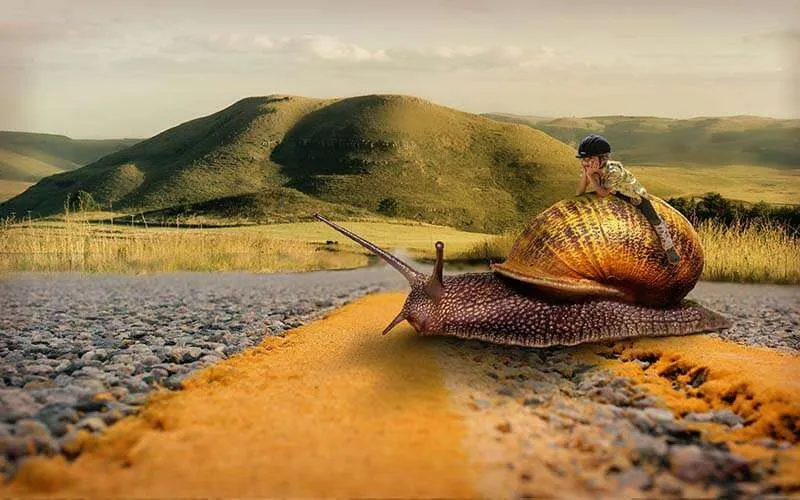The upsides of practising patience
Having patience is a virtue. It’s hard to believe that patience is a virtue, but it is. Many people want instant gratification and want to get what they want right away. That can be very frustrating for both the person that desires something and the person that has to wait. Patience isn’t just about waiting, it’s about doing something with the time you’re given. Everyone should try to be patient because it could lead to your desired outcomes in life.
It’s 2021 and we live in a society that is conditioned to want things NOW. We can’t get enough of instant gratification. This is especially true when it comes to dating, where we often find ourselves on Tinder, Bumble or other apps trying to make a connection with someone ASAP. But what has happened to the idea of patience? The real meaning of why we should be patient and not just give up at the first sign of conflict?
Patience can be difficult to come by these days. With so many distractions and responsibilities, it’s easy to get caught up in the moment and lose sight of what we want in the long term. But patience is a virtue worth holding onto. It’s one of the most important qualities to have when you’re searching for a new job or trying to find that perfect partner.
It can take a lot of discipline if one has never exercised self-control in their life before. There are many benefits to patience. Patience can help you understand other people better and it may even help you live longer. Additionally, being patient may even reduce your stress levels. These are just a few of the positive aspects that come from being patient.
Patience improves mental health
Being patient has been linked to improved mental health as well as greater life satisfaction. Studies have shown that there is actually an increased rate of mortality in people with low levels of patience, which is likely due to high levels of stress and anxiety.
Another such benefit is the ability to not react impulsively when someone does something that we would normally find offensive, because we can take time and think about how we want to respond. Patience also teaches us that there are other perspectives out there that might be totally different from our own.
The ability to find joy in the small things in life, like a beautiful sunset or a good meal, contributes to your happiness and health.
Having patience is a virtue, but it can be hard to not get frustrated when things take a little more time than you anticipated. Missing a flight, for example, or getting stuck in traffic on the way home from work. The key to having patience is knowing how to soothe yourself and allow for some time before you react – know that the situation will likely correct itself and do your best to relax.
In summary
Patience is a virtue that should be practised by everyone. That being said, it is not easy for all people to find the time or effort to do so. Some people are naturally patient and for others it takes a lot of practise and time invested before they can achieve this status.
Sometimes life gets too hectic and things don’t work out, but patiently waiting for something to happen can often lead to bigger and better things. A lot of people find themselves in difficult situations because they didn’t wait, whereas if they took their time, they could have solved their problems or dealt with them more calmly.
When was the last time you found yourself becoming impatient? Maybe it was when someone cut in front of you in line or your child is constantly asking questions and interrupting your work.
In these moments, rather than reacting in anger, try practising patience. You won’t regret it! Remember, patience pays off in the end.





